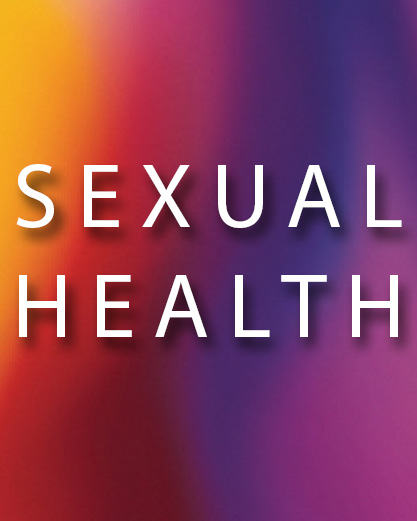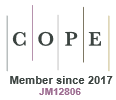SH24126Engage and adapt: peer-led implementation of HIV navigation in Australia
Alongside partnership, adaptation is one of the enduring themes of the Australian response to HIV. This article presents a case study to examine the factors that influence the effectiveness of peer navigation programs for people living with HIV run by community organisations in partnership with providers of clinical care. Its findings guide the improvement of service and policy systems and similar programs aimed at empowering better treatment outcomes and quality of life for people living with HIV.
SH24126 Abstract | SH24126 Full Text | SH24126PDF (244 KB) Open Access Article





